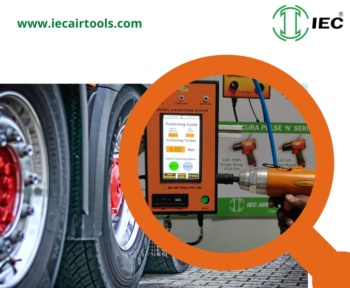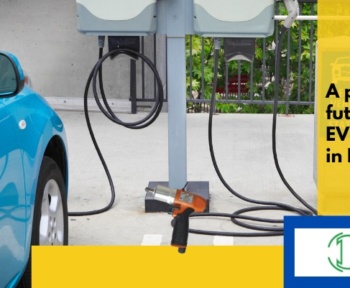Introduction:
In the realm of manufacturing, fastening holds an essential position. From automotive production to electronic devices setting up, fastening plays a crucial duty in guaranteeing product quality, durability, and also safety. Nonetheless, the manufacturing industry deals with unique difficulties when it comes to fastening procedures. In this blog we look into the typical difficulties faced and also discover exactly how assembly lines offer reliable services to get rid of these challenges.
Speed and Precision:
Among the main difficulties in attachment is achieving a delicate balance between rate as well as precision. Hand-operated tools can be time-consuming and also frequently lead to human error, leading to irregular quality. Assembly lines tackle this concern by presenting automated fastening systems, which can quickly and properly secure components with each other. By using advanced fastening solutions like eg pulse tools, there is significant reduction of production time while making sure consistency as well as specific results are delivered.
Ergonomics and Operator Fatigue:
Manual fastening jobs can be physically demanding, bring about driver fatigue and also prospective ergonomic concerns. When done repeatedly, these tasks can cause pressure injuries as well as lower productivity. Assembly lines resolve this difficulty by incorporating ergonomic workstations and specialised devices. By automating recurring fastening processes, users can be relieved from tedious jobs and assigned more intellectually boosting roles, boosting their overall work fulfilment and also wellness.
Quality Control:
Preserving top quality requirements is an important goal in manufacturing. In the world of attachment, it is crucial to attain the ideal torque or stress for each and every fastener to guarantee a protected and trusted product. Hands-on attachment can be inconsistent, resulting in variants in high quality. Assembly lines employ sophisticated modern technology such as torque sensors, automated tracking systems, and quality assurance checks to achieve harmony in attachment. This minimises the possibility of defective products, decreases rework, as well as boosts general product reliability.
Scalability and Flexibility:
Manufacturers commonly deal with the challenge of fitting raised production needs or adjusting to product variations. Standard fastening techniques can prevent scalability and also flexibility as a result of their restricted flexibility. Assembly lines with more fastenjng tools offer the benefit of modularity and adaptability, allowing manufacturers to reconfigure production lines rapidly. Fastening procedures can be quickly modified or customised to fulfil altering requirements, reducing downtime and increasing total production efficiency.
Data-driven Insights:
Efficient manufacturing counts on data-driven decision-making. Assembly lines geared up with clever sensing units and monitoring systems give real-time data on fastening processes. This data can be examined to identify patterns, optimise production specifications, as well as identify anomalies. By taking advantage of the power of information analytics, one can obtain beneficial insights into fastening operations, enabling continual improvement and proactive maintenance.
Conclusion:
Fastening difficulties in the manufacturing market can restrain productivity, quality, as well as scalability. Nevertheless, assembly lines have emerged as a transformative service, changing the method fastening procedures are carried out. Via automation, ergonomic design, quality control procedures, as well as data-driven understandings, assembly lines give a reliable and also reliable strategy to attachment. By welcoming assembly line modern technologies like IEC pulse tools and wrenches and screwdrivers, suppliers can overcome these challenges, maximise their operations, as well as pave the way for a more structured as well as productive future in manufacturing.
We value your feedback!
If you have any comments or suggestions regarding this blog post, or if you would like to discuss your specific requirements or make inquiries about our solutions, we’d love to hear from you. Please send an email to [email] We appreciate your engagement and look forward to connecting with you soon!









